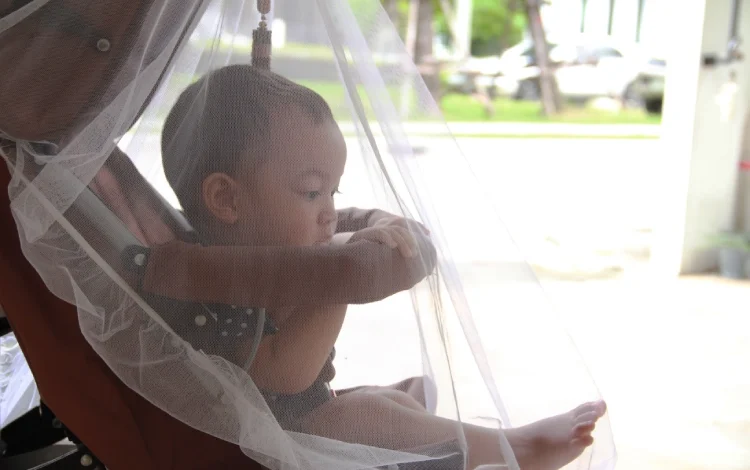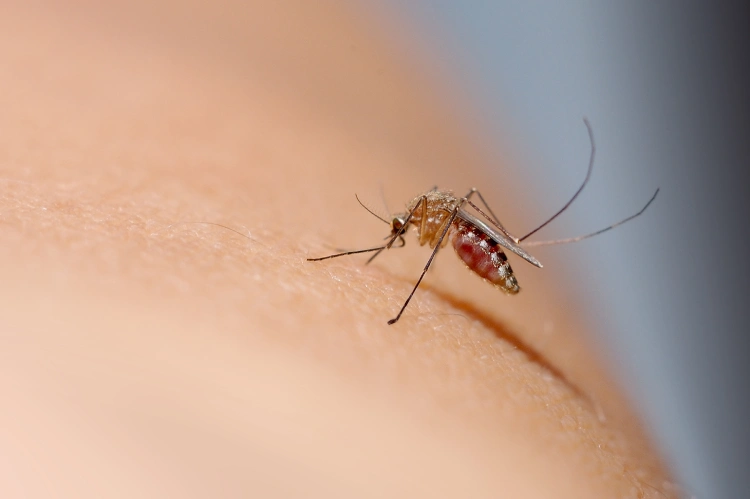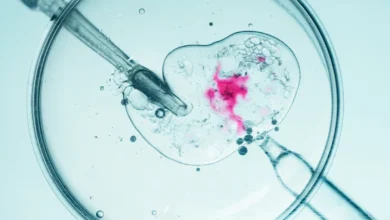Switzerland Approves First Malaria Drug for Newborns
The Treatment, Designed Specifically for Infants Under Five Kilograms, Could Close a Longstanding Gap in Malaria Care

Switzerland’s drug authority, Swissmedic, has approved the first malaria medicine designed for newborns under five kilograms. Developed by Novartis, the treatment named Coartem Baby was tailored specifically for infants who, until now, had to receive adjusted doses of drugs meant for older children.
Infants typically weigh between two and five kilograms during their first months. In malaria-prone regions, this has long made treatment difficult. Health workers often split or dilute larger pills, increasing the chances of either underdosing or toxic effects. With this approval, that workaround may no longer be necessary.
The new formulation uses the same antimalarial agents already used for older age groups, but in smaller, carefully balanced doses. It dissolves in breast milk and has a cherry flavor, making it easier for caregivers to give and infants to swallow.
Why This Matters

In 2023, malaria claimed close to 600,000 lives, according to data from the World Health Organization. Nearly all of these deaths (around 95%) happened in Africa, with children under the age of five making up the majority of the fatalities. While malaria in newborns is less frequent than in toddlers, the lack of infant-specific medicine has left a gap in care.
Dr. Quique Bassat, director of the Barcelona Institute for Global Health, said newborn cases might be fewer, but they still require the same level of attention. “Even if numbers are lower, the need for safe and precise treatment remains,” he noted.
Babies are especially vulnerable because they cannot receive malaria vaccines until about five months of age. For infants born in malaria-endemic areas, that early window carries risk. WHO estimates suggest around 36 million pregnancies occurred in 33 African countries affected by malaria last year.
In about one-third of those cases, mothers contracted malaria during pregnancy, which raises the chance of passing the infection to their babies.
“Each baby born in these areas starts life already at risk,” said Dr. Lutz Hegemann, who oversees Novartis’ global health division.
What Comes Next
Swissmedic’s approval involved input from eight African countries, including Kenya, Nigeria, and Uganda. These countries participated in evaluating the drug through a regulatory partnership, allowing them to act quickly on final approval. Within the next 90 days, these nations are expected to authorize the treatment and begin distribution.
Novartis has stated that it intends to distribute the new infant malaria treatment on a mostly non-commercial basis. Still, health experts are urging the company to clarify what that means in practical terms.
She also warned that funding cuts and rising drug resistance continue to challenge malaria programs. Even as new tools like vaccines and mosquito control efforts expand, access remains uneven—particularly in places affected by conflict or climate-related disruptions.
A Better Fit for a Difficult Problem
The Swiss approval used a special fast-track process, reserved for treatments urgently needed in developing countries. It’s only the third time Swissmedic has used this method, which it operates in coordination with the WHO.
The move may also signal a shift in how regulators collaborate with low-resource countries. By involving local experts early in the evaluation, the system speeds up adoption without lowering safety standards.
In past years, treating newborns with malaria has been like trying to wrap a small parcel using sheets designed for furniture—too big, too imprecise, and requiring constant adjustment. With Coartem Baby, the fit becomes much more exact.
The medicine is based on familiar compounds but tuned for smaller bodies. By bringing the dose closer to the actual need, it reduces error and avoids the guesswork that once made newborn malaria treatment both risky and difficult.








